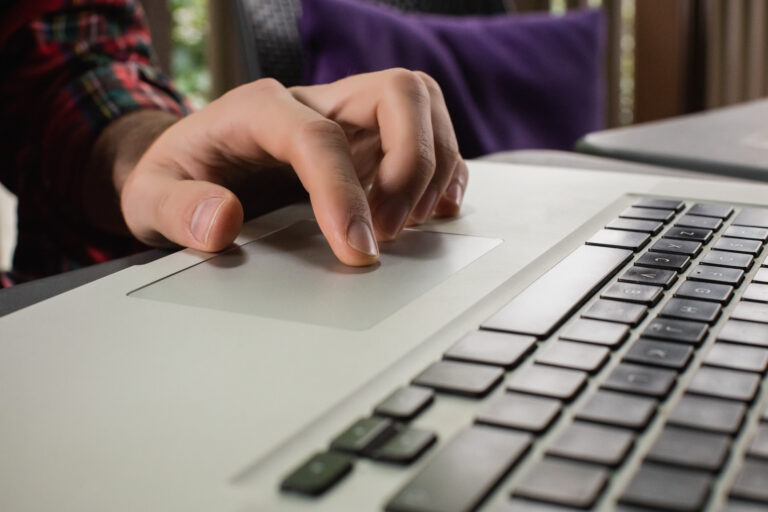Can Canvas Detect Copying a Question?
Canvas, a well-known learning management system, is equipped with tools to detect instances of academic misconduct. With the increasing reliance on online education tools, ensuring the integrity of student submissions has become paramount.
In the context of maintaining academic integrity on platforms like Canvas, where ensuring the originality of student submissions is crucial, educators and students alike can benefit from additional resources to enhance the human touch in their work. For those looking to further refine their submissions to ensure they reflect original thought and clear understanding, visiting One Click Human can be a valuable step. This tool offers a unique service to convert AI-generated content into content that mirrors human thought and articulation, providing an added layer of authenticity and personalization to any academic work.
Myths and Realities: The Copy-Paste Dilemma
One common misconception about Canvas is its ability to detect the act of copy-pasting. In reality:
- Canvas does not identify direct copy-paste actions. It means that if you copy a question or a piece of content and paste it into Canvas, the system itself doesn’t flag this action.
- However, the content pasted can still be checked for plagiarism by tools like Unicheck. It’s essential to ensure originality, not just by avoiding direct copying but by thoroughly understanding and then writing in one’s words.
- Direct copying, even without detection during the act, can still have severe repercussions. If caught plagiarizing, consequences can range from a failing grade to more stringent disciplinary actions, like suspension or expulsion.
Canvas and Its Built-in Plagiarism Checker
Canvas has integrated a top-notch plagiarism checker known as Unicheck. This tool automatically scans all assignments and answers submitted on the platform. As soon as a student uploads a paper, they can view a plagiarism report, which is simultaneously sent to the instructor as well.
How does Canvas Handle Plagiarized Content?
The course of action upon detecting plagiarized content often depends on the university’s policies. Some institutions might allow students to revise and resubmit their work after removing the plagiarized parts. In other cases, the assignment is forwarded to the instructor as-is, allowing them to decide the next steps.
Securing Quizzes and Assignments in Canvas
Teachers and educators often use Canvas for quizzes, and ensuring these remain secure is crucial. A concern raised by some educators is the ability of students to copy quiz questions and share them. Particularly when using devices like iPads, which might have multiple functionalities enabled.
Strategies to Enhance Canvas Quiz Security
| Method | Description |
| Guided Access | Limits the iPad to a single app, ensuring students can’t switch to other apps during a quiz. |
| Accessibility Features | Allows students with special needs, such as IEP accommodations, to listen to quiz questions. However, educators need to monitor its usage to prevent misuse. |
| Disable Messaging | To prevent students from sharing questions, teachers can consider disabling messaging features during quizzes. |
Conclusion
While Canvas provides tools to detect plagiarism, it’s vital for both students and educators to be aware of its functionalities and limitations. Ensuring academic integrity remains a collective responsibility. Learn about viewing answers on Zybooks, which is relevant if you’re concerned about Canvas detecting question copying.
Frequently Asked Questions
1. Does Canvas directly notify instructors if cheating is detected?
No, Canvas itself doesn’t send direct notifications about cheating. However, when Unicheck detects possible plagiarism, a report is generated and shared with both the student and the instructor for further review.
2. Can students review their plagiarism report multiple times?
Yes, once a plagiarism report is generated after submission, students can view it as often as they wish. This allows them to understand the areas flagged and make necessary corrections if the university policy permits resubmission.
3. If Canvas can’t detect copy-pasting, how do lecturers identify plagiarized work?
While Canvas might not flag direct copy-paste actions, the content is still subject to plagiarism checks via Unicheck. If the content matches other sources without proper citation, Unicheck will highlight this, and instructors can then review the flagged content.







